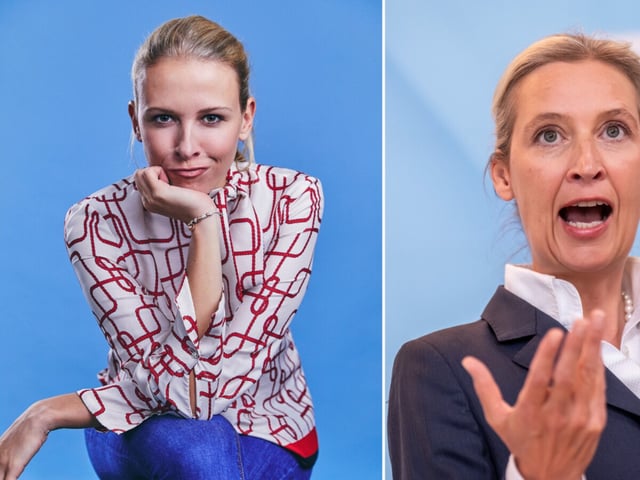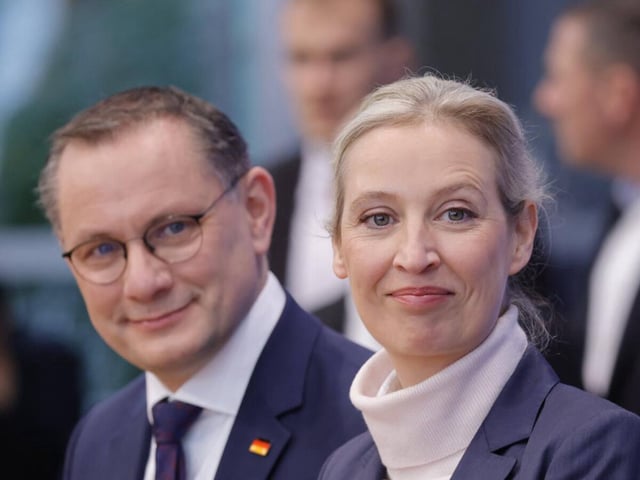Overview
- The sound-blasting protest by the Zentrum für Politische Schönheit halted AfD co-chair Alice Weidel’s televised interview, aiming to denormalize a party officially classified as extremist by Germany’s Verfassungsschutz and upheld by the courts.
- Critics including CDU secretary general Carsten Linnemann argue that such disruptions undermine press freedom and reinforce the AfD’s victim narrative.
- Proponents led by ZPS spokesman Philipp Ruch contend that blocking unchallenged media access for a court-confirmed extremist party is vital to protect democratic discourse.
- Publications across the political spectrum have traded sharply contrasting views since July 25, with opponents decrying the stunt as anti-democratic and supporters praising its role in countering extremist normalization.
- With the AfD polling around 25 percent, Germany faces intensifying debate over how to curb right-wing extremism without eroding foundational free-speech norms.



